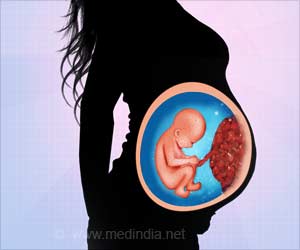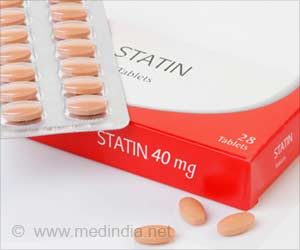A dangerous carcinogen known as PhIP is present in grilled chicken served in seven national restaurant chains.
A dangerous carcinogen known as PhIP is present in grilled chicken served in seven national restaurant chains which has prompted the Physicians Committee for Responsible Medicine (PCRM) to file a lawsuit against the restaurants.
The lawsuit was filed under California's Proposition 65 in The Superior Court of the State of California for the County of Los Angeles to compel McDonald's, Burger King, Chili's, Chick-fil-A, Applebee's, Outback Steakhouse, and TGI Friday's to warn consumers of the carcinogen. Every sample of grilled chicken from these restraurants was found to contain PhIP.PCRM president Neal Barnard, M.D. said, "Grilled chicken can cause cancer, and consumers deserve to know that this supposedly healthy product is actually just as bad for them as high-fat fried chicken. Even a grilled chicken salad increases the risk of breast cancer, prostate cancer, and other forms of this lethal disease."
The National Toxicology Program in the Report on Carcinogen has listed 2-amino-1methyk-6-phenylimidazo[4,5-b]pyridine (PhIP), along with three other heterocyclic amines (HCAs), known as 2-amino-3-methylimidazo[4,5-f] quinoline (IQ), 2-amino-3,4-dimethylimidazo[4,5-f] quinoline (MeIQ), and 2-amino-3,8-dimethylimidazo[4,5-f] quinoxaline (MeIQx) as human carcinogens.
The condensation of creatinine and amino acids in animal muscle forms heterocyclic amines (HCAs) including PhIP during the cooking of meat. A high level of the cancer-causing agents can be formed in a cooking process at high temperature for a long time.
HCAs are readily absorbed and distributed in the body. They are metabolized by both phase I and phase II enzymes and become toxic forms, arylnitrenium ions, which ultimately bind to DNA, leading to HCA-induced DNA adducts.
PhIP and other HCAs are more toxic than commonly known carcinogens such as benzo-(a)-pyrene. Studies have already found that among others, intake of PhIP and other HCAs may increase risk of colon, breast and prostate cancer in humans, three most common cancers in the United States which are commonly associated with meat consumption.
Advertisements
Ronald D. Thomas, Ph.D. at Florida A&M University in Tallahassee said, "We treated human breast epithelial cells with equal amounts of PhIP and DAS separately, and the two together, for periods ranging from three to 24 hours. PhIP induced expression of the cancer-causing enzyme at every stage, up to 40-fold, while DAS completely inhibited the PhIP enzyme from becoming carcinogenic."
Advertisements
Source-Medindia
NLA





